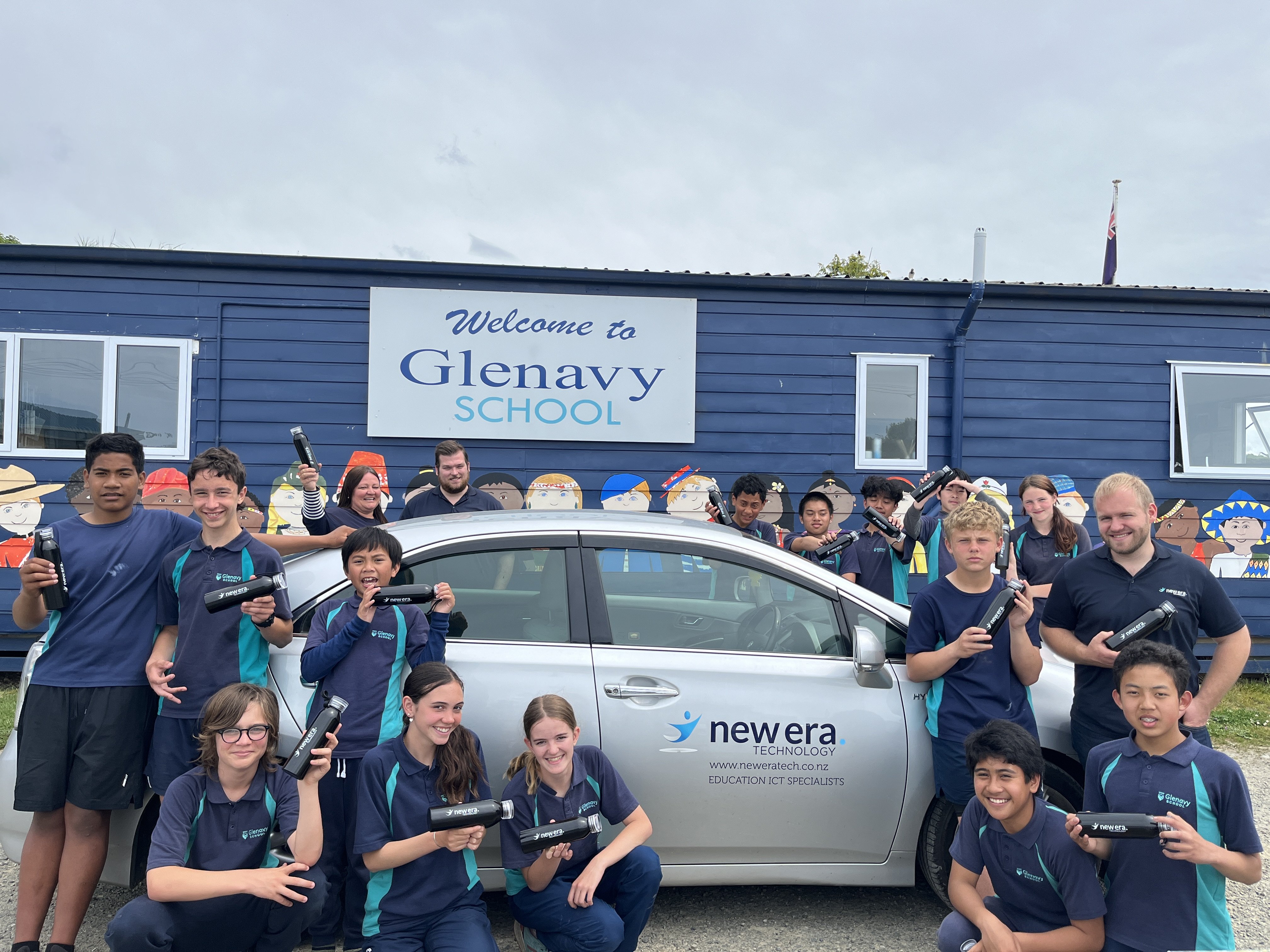
The Waimate District Council originally planned to commission the plant midway through last year. It then moved the date to the end of the year, but a resource consent has still to be filed.
It has been an issue since November 2022, when dangerously high nitrate levels were recorded and the council restricted drinking from the tap for about a month.
A tank with safe water was installed at the Glenavy Hall for people to collect from and it is still used today.
Glenavy residents are still hesitant to drink from the tap and are fed-up with the council’s delays.
Glen Billett said: "We should be able to drink the water here. Are they going to do something about it?"
She boiled her tap water before drinking but said the plant would make her feel more comfortable.
Another resident echoed her sentiment.
"The sooner it goes in, the better."
She bought bottled water and only drank from the tap if that ran out.
Waimate District Council assets manager Dan Mitchell said dealing with the discharge was holding up the process.
"Once we have established the preferred discharge location, we will progress towards a resource consent application."
Mr Mitchell said it was "unknown at this stage" when construction would begin.
"The complexity of the problem means that a significant amount of work needs to be completed prior to consenting and then construction."
Despite several delays, the plant was still "absolutely" a priority for the council.
While they had not confirmed the type of denitrification process the plant would use, it would most likely use reverse osmosis, he said. He assured Glenavy residents the water was safe to drink and that the council was working towards permanently solving the problem.
"Current nitrate levels are significantly lower than the 50mg/L MAV [Maximum Acceptable Value] with council staff monitoring levels continuously."
In Health New Zealand Te Whatu Ora’s health guidelines, it says high nitrate levels can pose a risk to babies less than 6 months old who are formula fed and to foetuses. It recommends that if tests show that nitrate levels are above or close to the MAV, pregnant women and formula-fed infants less than six months should use an alternative water source for drinking or making up formula.
It also says boiling water or filtering it through household cartridges does not remove nitrates.












